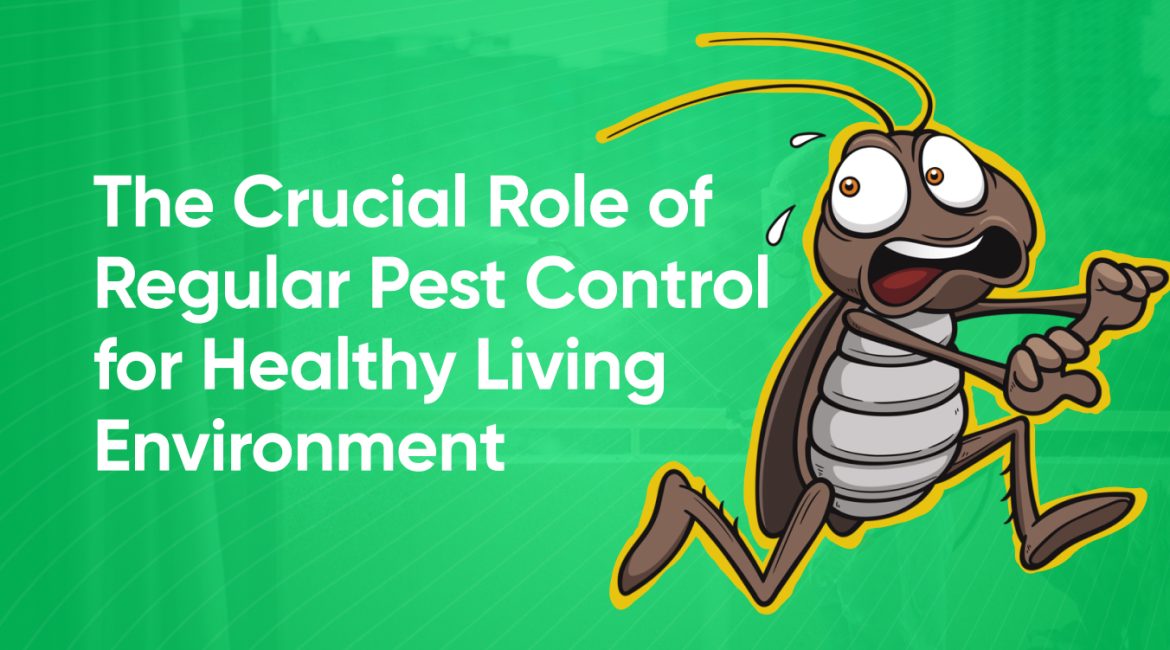The Crucial Role of Regular Pest Control in Fostering a Healthy Living Environment
In the intricate tapestry of a healthy home environment, one often overlooked thread is pest control. This blog will unravel the significance of regular pest control in maintaining the well-being of your home and its occupants. Beyond mere nuisance, pests can pose significant health risks, compromise structural integrity, and disrupt the peace of your sanctuary.
The Health Hazard: Pests and Diseases
The Silent Threat Within
Pests, often inconspicuous invaders, harbor a significant threat to our health by acting as vectors for various diseases. Rodents, for instance, can carry pathogens responsible for diseases like leptospirosis and hantavirus. Mosquitoes, another common pest, are notorious for transmitting deadly illnesses such as dengue fever and West Nile virus. The close proximity of pests to humans increases the risk of infection, making regular pest control a crucial line of defense against these insidious health threats.
A Breeding Ground for Allergens
Beyond the direct transmission of diseases, pests contribute to the proliferation of indoor allergens, setting the stage for respiratory issues and allergic reactions. Dust mites, cockroaches, and rodents are notorious culprits, releasing allergenic proteins into the air. Individuals with asthma or allergies are particularly susceptible, with prolonged exposure exacerbating their conditions. Regular pest control emerges as an indispensable practice to mitigate these health risks, creating an environment conducive to respiratory well-being.
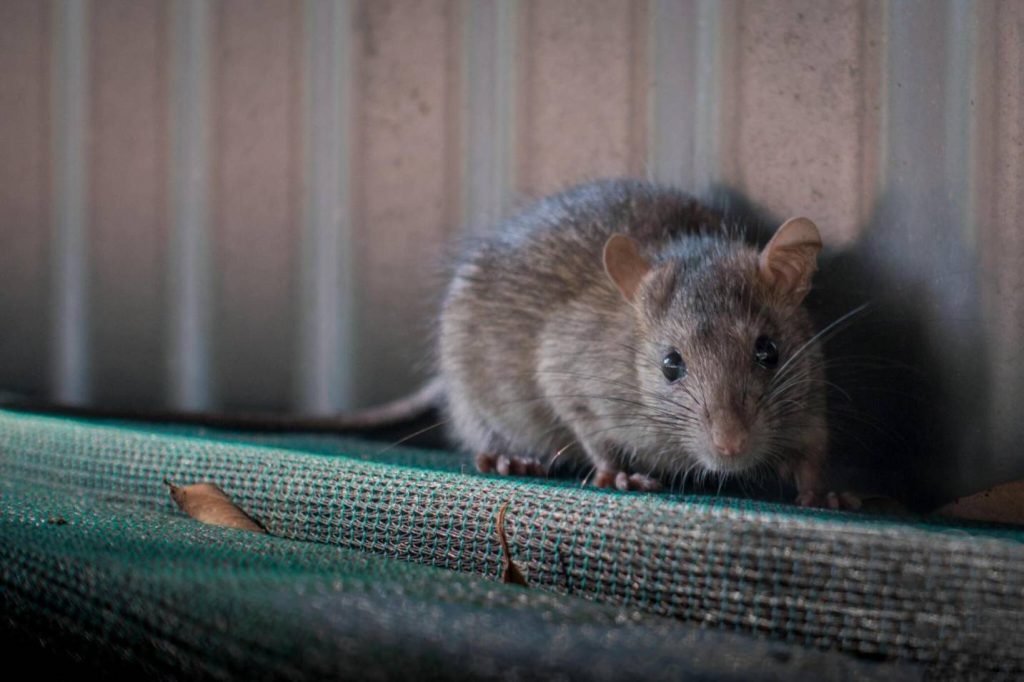
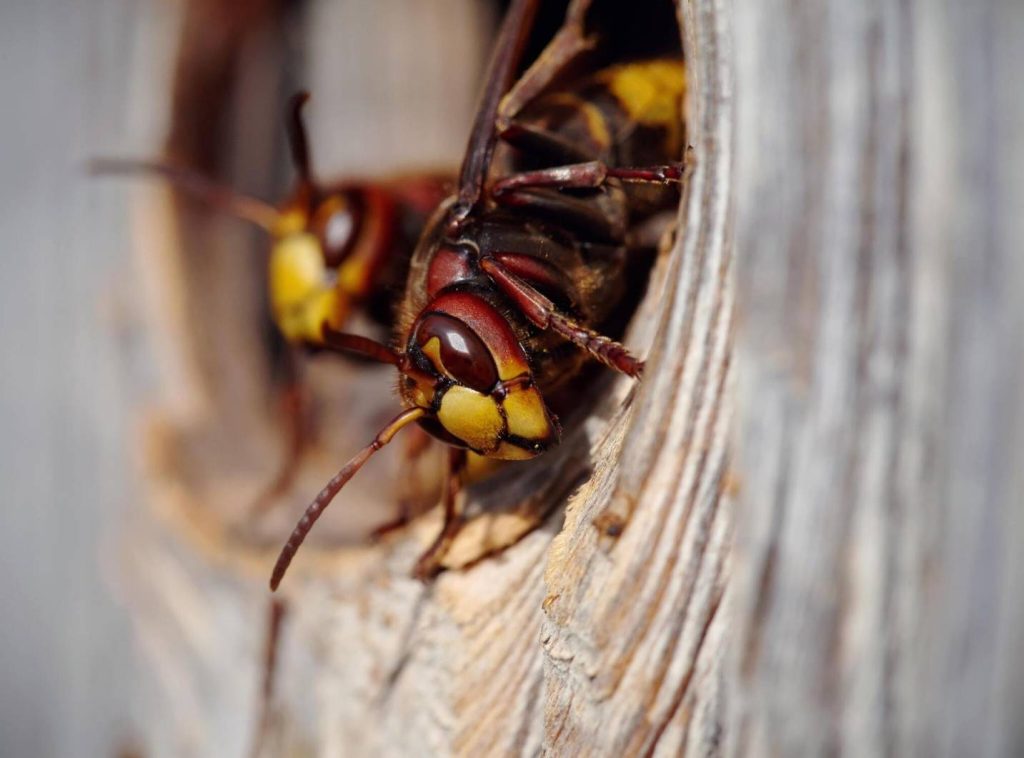
Safeguarding Your Home’s Structure
Termites: The Silent Destroyers
- Termites, often unnoticed until significant damage occurs, pose a severe threat to the structural integrity of homes.
- Illuminate the extent of damage termites can inflict on wooden elements, including support beams and framing.
- Regular pest control acts as a preventative measure, helping to identify and eliminate termite colonies before costly repairs become necessary.
- Share insights on the economic impact, emphasizing that investing in regular pest control is a proactive and cost-effective strategy to protect your home’s structure.
Wood-Destroying Pests: Beyond Termites
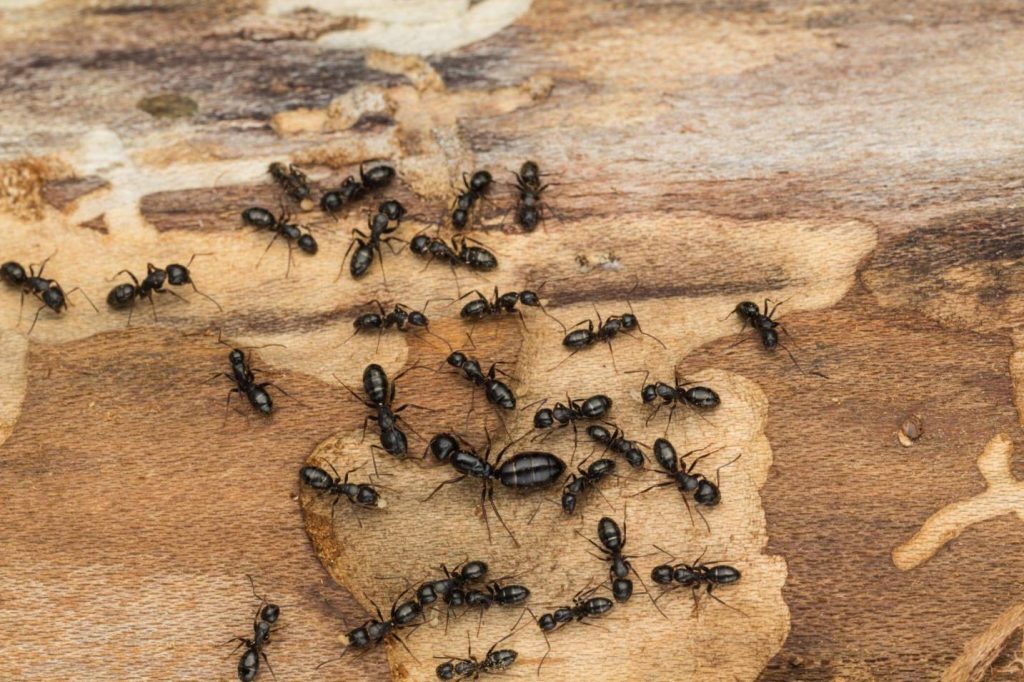
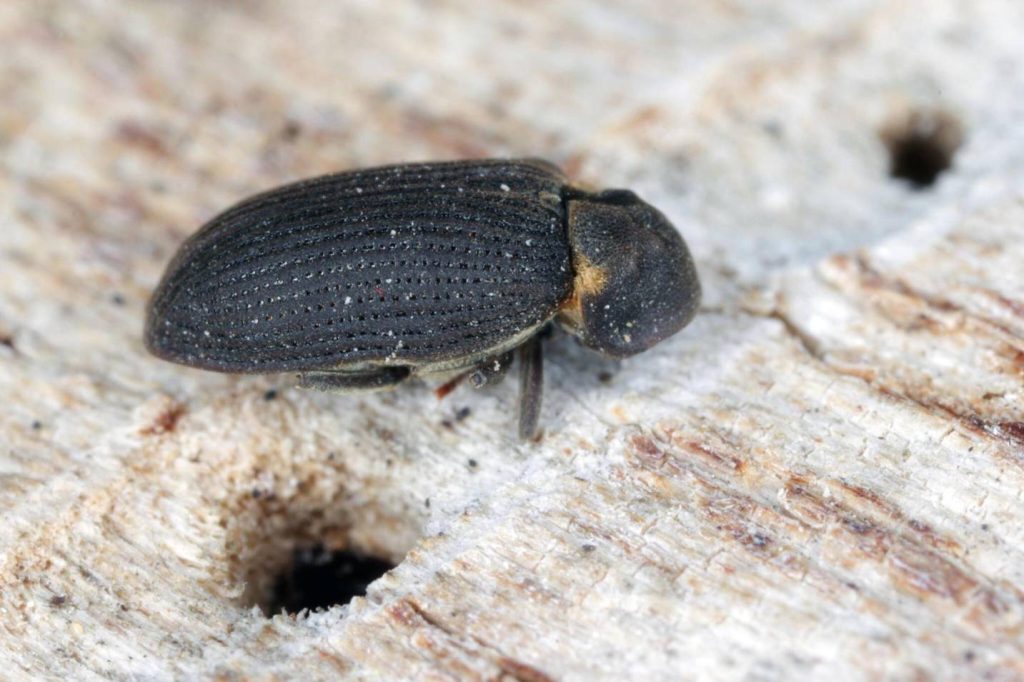
- Beyond termites, various pests can wreak havoc on wooden structures and belongings.
- Carpenter ants, wood-boring beetles, and certain types of fungi contribute to the deterioration of wood.
- Highlight the long-term benefits of proactive pest control, emphasizing that it not only addresses existing infestations but also prevents future damage.
- Draw attention to the potential cost savings associated with avoiding extensive repairs and replacements by maintaining a proactive approach to pest control.
Peace of Mind and Quality of Life
Unwanted Roommates: The Mental Toll of Pests
Living with pests extends beyond the physical inconveniences; it takes a toll on our mental well-being. The constant awareness of sharing your living space with uninvited guests induces stress and discomfort. Anecdotes from those who have experienced pest infestations resonate with the psychological impact, recounting feelings of invasion and unease. Studies further highlight the correlation between pest infestations and increased stress levels, underscoring the importance of maintaining a pest-free environment for mental peace.
Quality Sleep: A Luxury Pest-Free Environment Provides
A restful night’s sleep is a cornerstone of mental and physical well-being. Pests, however, can disrupt this fundamental need. The incessant sounds of rodents scurrying or the persistent buzzing of mosquitoes can compromise sleep quality, leading to irritability and fatigue. Regular pest control emerges as an investment in a good night’s sleep, providing not only physical comfort but also fostering mental resilience. By ensuring a pest-free environment, you contribute to an overall improvement in your quality of life, allowing you to wake up refreshed and ready to face the day.
Environmental Sustainability
Eco-Friendly Pest Control: Nurturing Nature While Protecting Your Home
In the pursuit of a pest-free home, it is imperative to consider the broader impact on our environment. Traditional pest control methods often involve the use of chemicals that may have adverse effects on ecosystems. This subsection delves into the realm of eco-friendly pest control, exploring sustainable methods that prioritize both effective pest management and ecological responsibility.
Efforts in eco-friendly pest control range from the introduction of natural predators to the implementation of biological controls. These methods minimize the use of harmful chemicals, reducing the ecological footprint associated with conventional pest control. By fostering a balance between pest management and environmental sustainability, homeowners can actively contribute to nurturing nature while safeguarding their homes.
The shift towards eco-friendly pest control is not just an ethical choice but a strategic one. It reflects an understanding of the interconnectedness of our actions with the environment. Embracing sustainable pest control practices not only protects local ecosystems but also contributes to the overall health of the planet. As responsible stewards of our homes and the environment, adopting these methods ensures that we leave a positive impact for future generations.
Ready to fortify your home? Contact Albanan today for expert pest control and building maintenance solutions. We provide a comprehensive range of services, including:
From personalized strategies to professional execution, we’re here for you at every step. Contact Albanan Now for a resilient and secure living space!



